Of the fifteen Songs of Ascents, Psalm 134 is the last and shortest sung by the priests attending to the Temple in Jerusalem during the evening. First, the priests were to bless God and declare to God all His eternal goodness. Next, the priests blessed all the people by declaring God’s goodness because God cares about each one of His people. Lastly, God will also show them His goodness ‘from Zion’. The temple was a special place because of God’s special relationship with Israel which was continuous.
In our time, many name this occupation as being on the “Night Watch” or “Evening Shift”. This identification immediately can conger up a variety of assumptions of what one “really” does during those hours when no one is watching. Along with this come many dreaded emotions such as “loneliness” and “many boring hours.” (And for some, an easy way to get paid while sleeping on the job!) Yet there are others who trudge through the dusk to dawn hours by walking the floor with a screaming, sick baby in their arms; or who have illnesses that afflict and prevent them from much needed sleep. And then there are those, not unlike us, who are so burdened with life issues that sleep is not an option until our concerns are miraculously resolved.
As a pastor and shepherdess guiding one of God’s special flocks, this Psalm speaks to me directly and may-be to others as well who may need a “good ‘ole turnaround”. Our lives can be considered both prolific and inexhaustibly full of needs and wants. Often we come to prayer spilling forth to the Lord all those concerns and more. Sadly, praise and thanksgiving to God may not be our first act of prayer. Just for a moment or two, reflect on this suggestion – let’s all memorize Psalm 134. Learn and meditate on the words and the order in which they are spoken. How glorious it will be to thank God for all the wondrous things He has created and provided. All Christians are like the priests in Israel: We all have a special duty to praise God. Name them one-by-one – people who lay heavy on your heart or those who brought joy into your day.
Lastly, there is the sanctuary within our churches or that special place in our homes where God promises always to be present. “Where”, according to Jesus, “two or more are gathered in my name….” Imagine how full our lives can be when we lift-up in song the praises of Psalm 134 that are plain, simple and spiritually complete – anytime and anywhere!
- Karen Heavey
In our time, many name this occupation as being on the “Night Watch” or “Evening Shift”. This identification immediately can conger up a variety of assumptions of what one “really” does during those hours when no one is watching. Along with this come many dreaded emotions such as “loneliness” and “many boring hours.” (And for some, an easy way to get paid while sleeping on the job!) Yet there are others who trudge through the dusk to dawn hours by walking the floor with a screaming, sick baby in their arms; or who have illnesses that afflict and prevent them from much needed sleep. And then there are those, not unlike us, who are so burdened with life issues that sleep is not an option until our concerns are miraculously resolved.
As a pastor and shepherdess guiding one of God’s special flocks, this Psalm speaks to me directly and may-be to others as well who may need a “good ‘ole turnaround”. Our lives can be considered both prolific and inexhaustibly full of needs and wants. Often we come to prayer spilling forth to the Lord all those concerns and more. Sadly, praise and thanksgiving to God may not be our first act of prayer. Just for a moment or two, reflect on this suggestion – let’s all memorize Psalm 134. Learn and meditate on the words and the order in which they are spoken. How glorious it will be to thank God for all the wondrous things He has created and provided. All Christians are like the priests in Israel: We all have a special duty to praise God. Name them one-by-one – people who lay heavy on your heart or those who brought joy into your day.
Lastly, there is the sanctuary within our churches or that special place in our homes where God promises always to be present. “Where”, according to Jesus, “two or more are gathered in my name….” Imagine how full our lives can be when we lift-up in song the praises of Psalm 134 that are plain, simple and spiritually complete – anytime and anywhere!
- Karen Heavey
Today pray for:
The Madison Church and their pastor Sean Dunker-Bendigo
First Baptist Church, Manchester, NH and their pastor John Cerrato
French Speaking Baptist Church, Manchester and their pastor Renaud Dumont
The Madison Church and their pastor Sean Dunker-Bendigo
First Baptist Church, Manchester, NH and their pastor John Cerrato
French Speaking Baptist Church, Manchester and their pastor Renaud Dumont
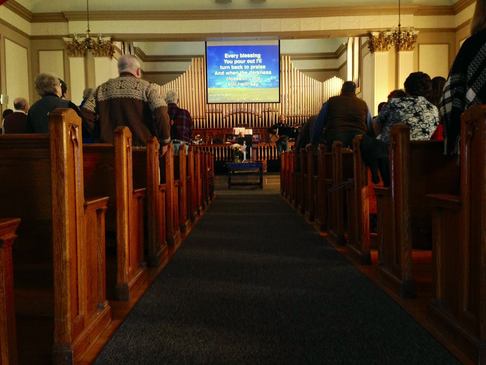
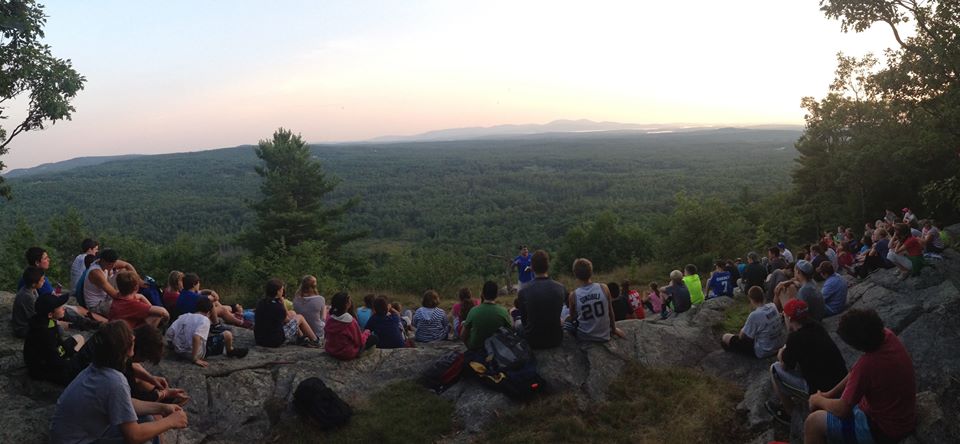
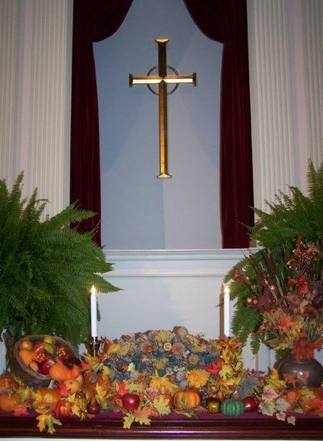

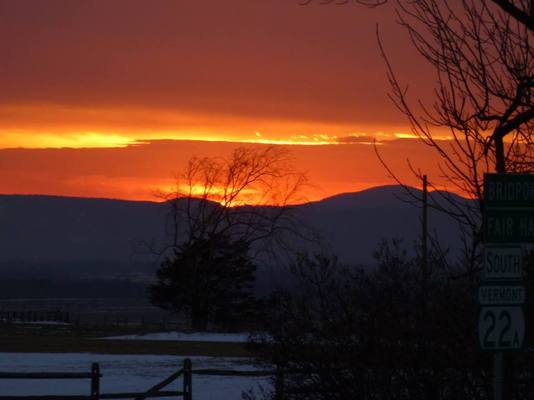
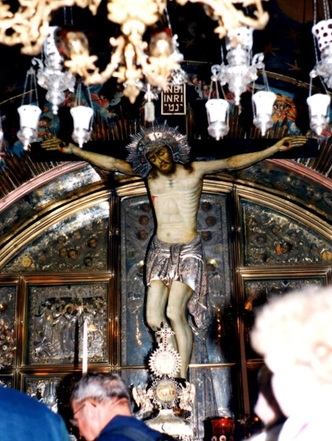
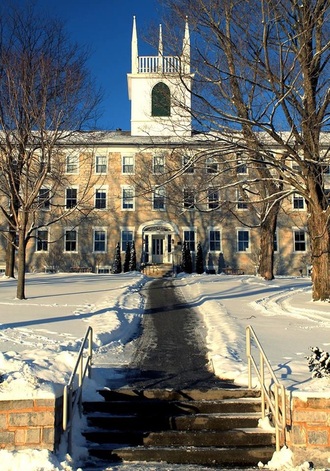


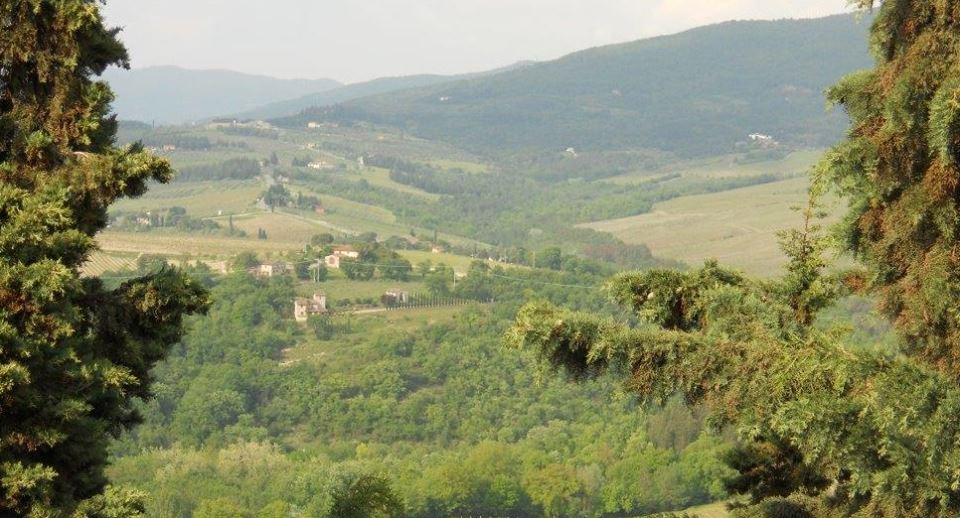
 RSS Feed
RSS Feed
